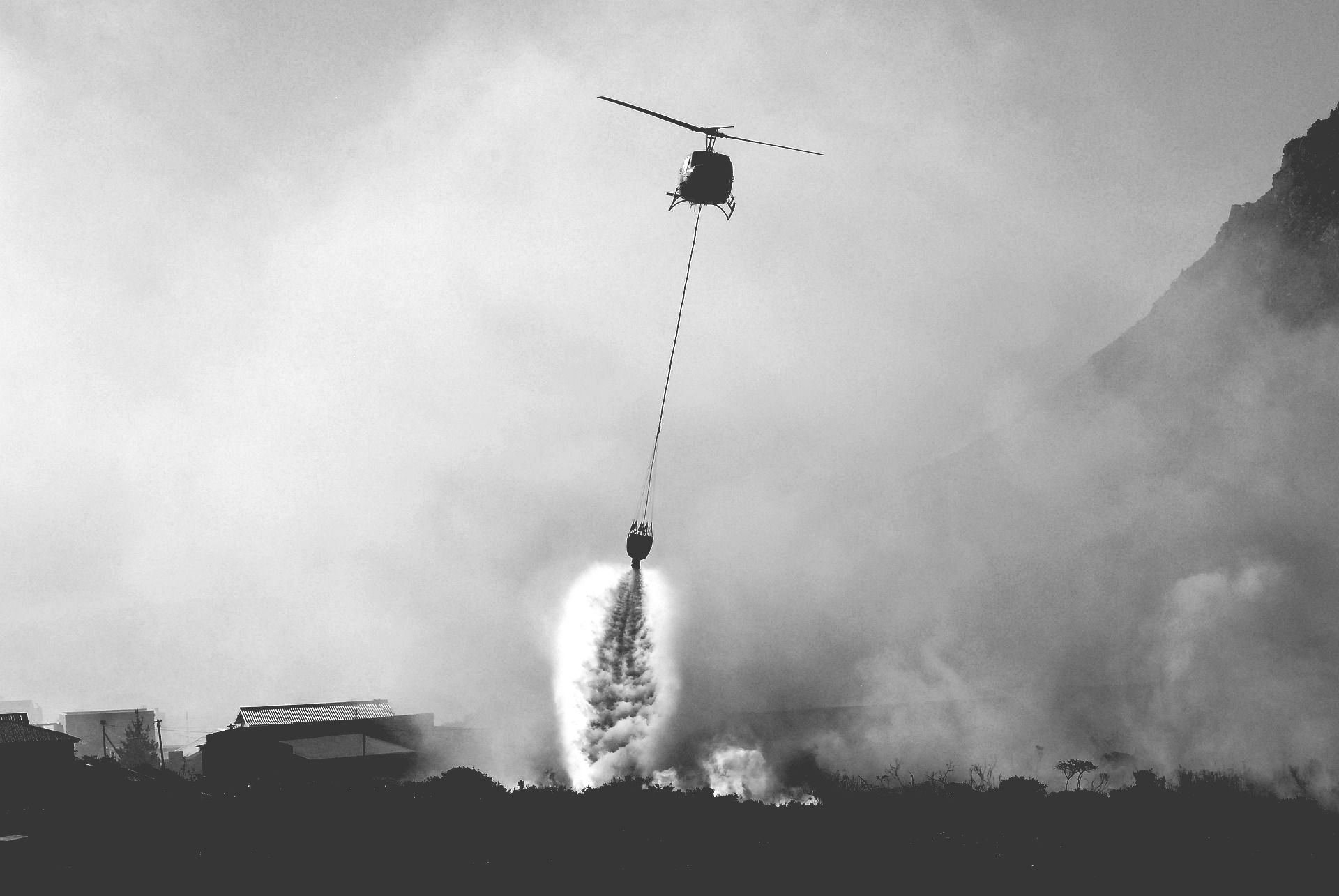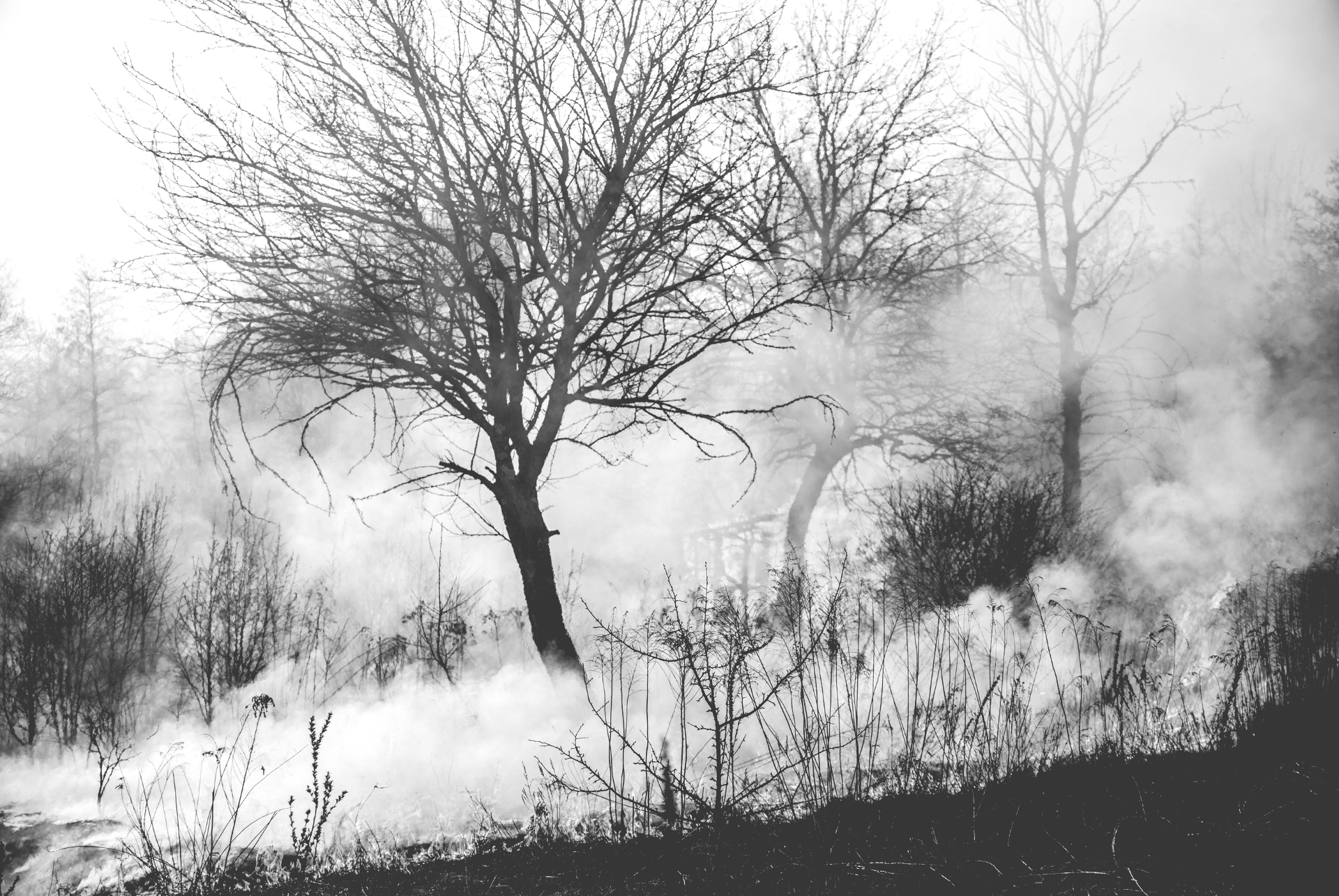Niagara Bottling Lawsuit Alleges Water Falsely Advertised as ‘Spring’
A Niagara Bottling lawsuit has been filed alleging that the manufacturer is falsely advertising the makeup of the water.
Niagara Bottling Lawsuit Filed Based on Label
The Niagara Bottling lawsuit seeks monetary damages under Pennsylvania law against Niagara Bottling LLC. The Niagara Bottling lawsuit says that the use of the word ‘spring water’ on the exterior of the packaging for their products references naturally occurring water that is sourced from a natural spring.
In order to be properly classified as spring water the liquids must satisfy numerous industry and regulatory criteria, alleges the complaint, including that the water is collected from a spring.
This requires substantial resources and time in order to develop, maintain and identify natural spring water sites. For this reason, spring water typically sells at a higher price than other forms of bottled water. The Niagara Bottling lawsuit says that the manufacturers of their water are wrongly and falsely advertising that the bottles contain spring water.
Current government regulations referenced in the Niagara Bottling lawsuit say that in order to be classified as spring water, the water inside a product has to be drawn out from a formation underground from which water already naturally flows to the surface of the ground.
As a result of technical and geological requirements, significant resources and time are required to develop, identify and work with natural spring water sites. Further, the process is a localized one due to the high transportation costs associated with moving water across vast differences.
All of these reasons contribute to the premium price of the water, says the complaint. The Niagara Bottling lawsuit alleges that the site from which the defendants are pulling water for their product is not categorized as spring water. The Niagara Bottling lawsuit says that the defendants take raw water from the defendants’ land and then market this as spring water, despite the fact that the water from the plaintiff is not classified as spring water.
Regulations affecting bottled water across the United States require that bottled water sold for the purpose of human consumption has to identify the bottler as well as the source. A false advertising lawsuit may be filed if the information on the exterior of a package is not accurate.
When false advertising leads consumers to pay a premium for a product based on false or inaccurate information about what’s inside or how the product is made and sourced, lawsuits from consumers who feel they have been harmed may follow.
If you believe you have grounds for a consumer false advertising lawsuit, you need to talk to the experienced attorneys at Bradley/Grombacher today. Fill out the form on this page to learn more about your rights and how to proceed.
The Niagara Bottling lawsuit is Case No. 2:17-CV-00054-WB filed in the United States District Court for the Eastern District of Pennsylvania.
Note: Bradley/Grombacher is not representing the plaintiff in this lawsuit.



Quick Links
All Rights Reserved



